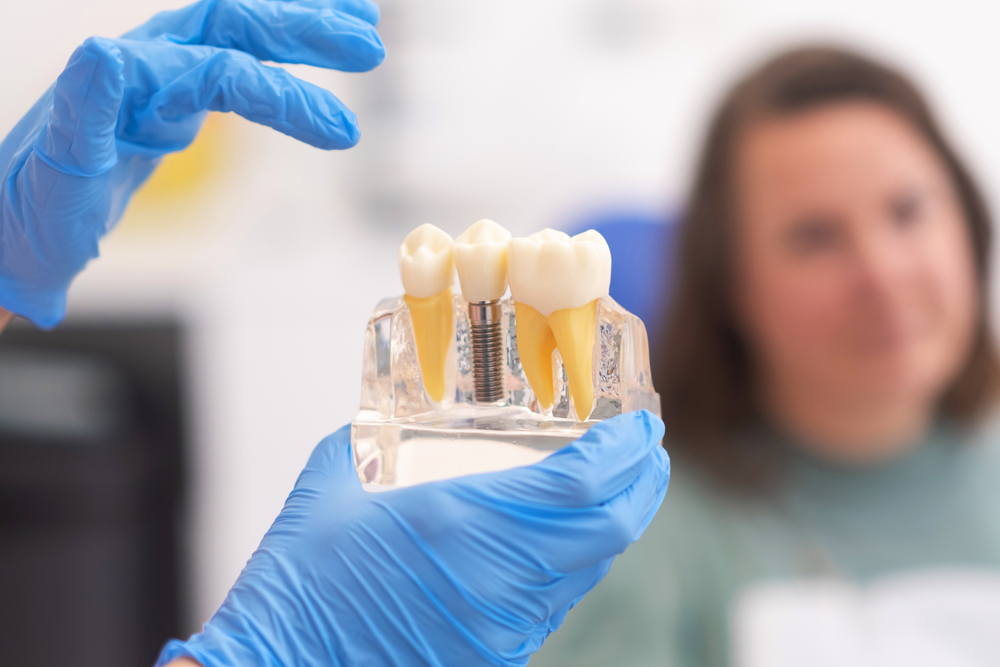Medical privacy is a cornerstone of trust between patients and healthcare providers. But in today’s digital age, the safeguarding of our private information is under threat like never before. From data breaches to hacking incidents, the security of our dental records is more important than ever. So, how can you ensure that your dental confidentiality is assured? Let’s dive into the world of dental privacy and explore what safeguards your dentist should have in place to protect your sensitive information.
Medical Privacy is Under Threat
With the advancement of technology, the protection of medical privacy is facing new challenges. From sophisticated hacking techniques to data breaches, our private information is increasingly vulnerable in the digital realm. The rise of telemedicine and electronic health records has opened up avenues for potential security risks that were unheard of in traditional healthcare settings.
Healthcare providers must navigate a delicate balance between utilizing technology for improved patient care while also safeguarding sensitive data from cyber threats. The unauthorized access to medical records not only jeopardizes patient confidentiality but can also lead to identity theft and financial fraud.
As patients, we entrust our most personal and confidential information to healthcare professionals with the expectation that it will be kept secure. It’s crucial for both providers and patients to stay vigilant and proactive in protecting medical privacy in an ever-evolving landscape of digital threats.
Hacking of Medical & Dental Data Becoming More Prevalent
With the advancement of technology, the hacking of medical and dental data is becoming increasingly prevalent. Cybercriminals are targeting healthcare providers to steal sensitive information for various malicious purposes. This poses a significant threat to patient privacy and confidentiality.
Hacked medical and dental records can be used for identity theft, insurance fraud, or even sold on the dark web. The consequences of such breaches can be devastating for both patients and healthcare professionals. It’s essential for dental practices to prioritize cybersecurity measures to protect their patients’ private information from falling into the wrong hands. Lax protocols may be enabling anyone to do a background check on you such as an ex-partner, your landlord or employer, a stalker or ex-friend or even an arch enemy – don’t laugh, many people have them!
As a patient, it’s crucial to inquire about the security protocols in place at your dentist’s office to ensure that your confidential data is safeguarded against cyber threats. Regularly updating software, implementing encryption techniques, and restricting access to sensitive information are some effective strategies to prevent data breaches in healthcare settings.
Are Dental Testimonials Already Too Public?
While dental testimonials can provide valuable insight into a dentist’s practice, the public nature of these reviews raises concerns about patient privacy. It is essential for dental offices to prioritize confidentiality and implement robust safeguards to protect patients’ private information from falling into the wrong hands.
When asking of any dentist do they use dental testimonials of course almost every dental website has a testimonials page – and while dentists may only publish the first name of the patients who are featured, there are a number of questions:
- did the patient consent to having their names and photos used so publicly?
- is the dentist too enthusiastic about this public method of advertising, so they may be going too far in showing even more personal stuff when potential patients attend their clinic?
- how are these records stored?
Is Your Dental Confidentiality Assured
In today’s digital age, the security of our personal information is more crucial than ever. When it comes to dental records, confidentiality is paramount. As patients, we trust our dentists to keep our private information safe and secure.
But how can you be sure that your dental confidentiality is assured? It’s essential to inquire about the measures your dentist has in place to protect your data. Are they using encrypted software for record-keeping? Do they have strict access controls in their office?
By asking these questions, you can gain a better understanding of how seriously your dentist takes patient privacy. Remember, it’s not just about teeth – it’s also about safeguarding your sensitive information from potential threats.
What Safeguards Should Your Dentist Have In Place?
When it comes to safeguarding your dental confidentiality, there are several measures your dentist should have in place to ensure the security of your private information. A robust data encryption system is crucial to protect sensitive patient records from potential breaches.
Regular staff training on privacy protocols and strict access control policies can help prevent unauthorized individuals from accessing confidential files. It’s important for dental practices to conduct regular audits and risk assessments to identify any vulnerabilities in their systems and address them promptly.
Implementing secure password protection for electronic devices and requiring multi-factor authentication can add an extra layer of security. Additionally, having a backup system in place for data recovery in case of emergencies or cyber attacks is essential.
Your dentist should also adhere to all relevant laws and regulations concerning medical confidentiality and patient privacy. By prioritizing these safeguards, you can feel more confident that your private information is being protected with the utmost care.
In today’s digital age, where hacking of private data is on the rise, ensuring dental confidentiality has never been more critical. Patients must feel confident that their personal information is secure when visiting their dentist. By holding dentists accountable for safeguarding patient data and limiting the public exposure of testimonials, we can work towards creating a safer and more confidential environment for all individuals seeking dental care.

